
In a landmark decision, the Federal Communications Commission has ruled that cable giant Comcast violated federal policy when it blocked internet traffic for some subscribers and has ordered the company to change the way it manages its network. We speak with Craig Aaron, the communications director for Free Press, the group that helped bring the complaint to the FCC. [includes rush transcript]
Transcript
AMY GOODMAN: We move to our last segment, a landmark decision. The Federal Communications Commission has ruled cable giant Comcast violated federal policy when it blocked internet traffic for some subscribers and ordered the company to change the way it manages its network.
In a three-to-two vote, the FCC approved an “enforcement order” that would require Comcast to stop blocking traffic and publicly disclose its methods for interfering with internet access. FCC Chair Kevin Martin announced the ruling on Friday.
KEVIN MARTIN: Some broadband subscribers complained to the Commission that Comcast was blocking and delaying their internet traffic. Our investigations and the findings of several widely respected engineers confirmed their complaints. Comcast was delaying subscribers’ downloads and was blocking their uploads. It was doing so twenty-four/seven, regardless of the amount of congestion on the network or how small the file might actually be. And even worse, Comcast was hiding that fact by making affected users think that there was a problem with their internet connection or their application. Today, the Commission tells Comcast to stop and to disclose to its subscribers and its customers how it is going to manage traffic on a going-forward basis.
AMY GOODMAN: Craig Aaron is communications director for Free Press, joining us from Washington. How did this come about, Craig Aaron?
CRAIG AARON: Well, this ruling that happened on Friday, which is really a landmark, a historic precedent, was the result of an incredible grassroots movement to draw attention to these issues of an open internet. It actually all started because there was one network engineer out in Oregon, an enthusiast of turn-of-the-century barbershop quartet music, who was trying to share his music — legal content, mind you — one night and found he was being blocked. He got suspicious. He started sounding the alarm.
Eventually, the Associated Press and the Electronic Frontier Foundation launched their own independent investigations, all concluding that Comcast was secretly blocking internet traffic. My group, Free Press, along with our allies at Public Knowledge and a group of legal scholars, filed a formal complaint with the FCC and — sorry about that, Amy — filed a formal complaint with the FCC, and that started their investigation, which culminated Friday with a vote, a really historic vote, because it’s the first time that the FCC has taken action to protect our right to go on the internet, to do whatever we want, whenever we want, without blocking or discrimination.
AMY GOODMAN: Tests by the Associated Press and others showed Comcast actively interferes with attempts by some subscribers to share files online by sending fake signals that cut off the connection between them. Can you explain what BitTorrent is — Democracy Now! actually goes out on BitTorrent, as well — and how this was the key here?
CRAIG AARON: Sure. Well, BitTorent is a file-sharing program, and the way it works is that it pulls small bits of information from a lot of different computers to easily download large files, large video files, large audio files, other kind of files — again, legal content — allows people to share it without — you know, very quickly. That’s the advantage of BitTorrent.
What Comcast did, essentially, is it impersonated its own customers. It was as if I was having a phone conversation with you; all of a sudden, somebody comes on the line, sounds just like me, says, “I have to hang up right now, and don’t ever call me again.” That was sort of the user experience if you were being blocked by Comcast in this situation. And it goes against all the established standards, all the principles laid out by the FCC that prohibit this kind of secret blocking. And this was the first real test of whether the FCC would actually do something about it. And it’s refreshing that they actually did do something about it in this case. I feel like every time I come on the show, it’s to talk about something bad that the FCC has done. In this case, we can talk about something good the FCC has done, in a bipartisan manner and as a result of really unprecedented public involvement in this process.
AMY GOODMAN: Craig Aaron, I want to thank you for being with us, spokesperson for Free Press, speaking to us from Washington, D.C.


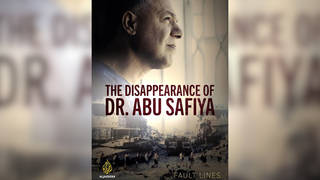
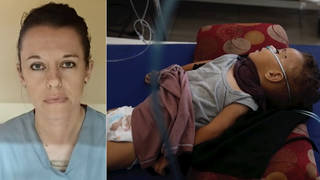
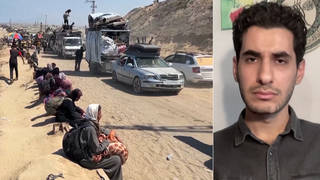





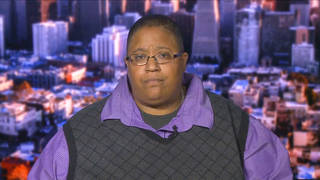
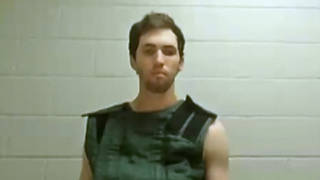
Media Options